In the middle of the Ho Chi Minh City Hi-Tech Park, the Intel Products Vietnam (IPV) factory operates almost non-stop, yet its emissions and energy consumption are continuously reduced. More than 40 million kWh of electricity is saved, 2.68 million kWh of green electricity is used, and 1 million m³ of water is recycled each year, 100% of hazardous waste is treated and recycled, and 95% of general waste is recycled and saved.
This is not only an effort to operate efficiently, but also Intel's manifesto for a sustainable manufacturing model where profits go hand in hand with environmental responsibility.
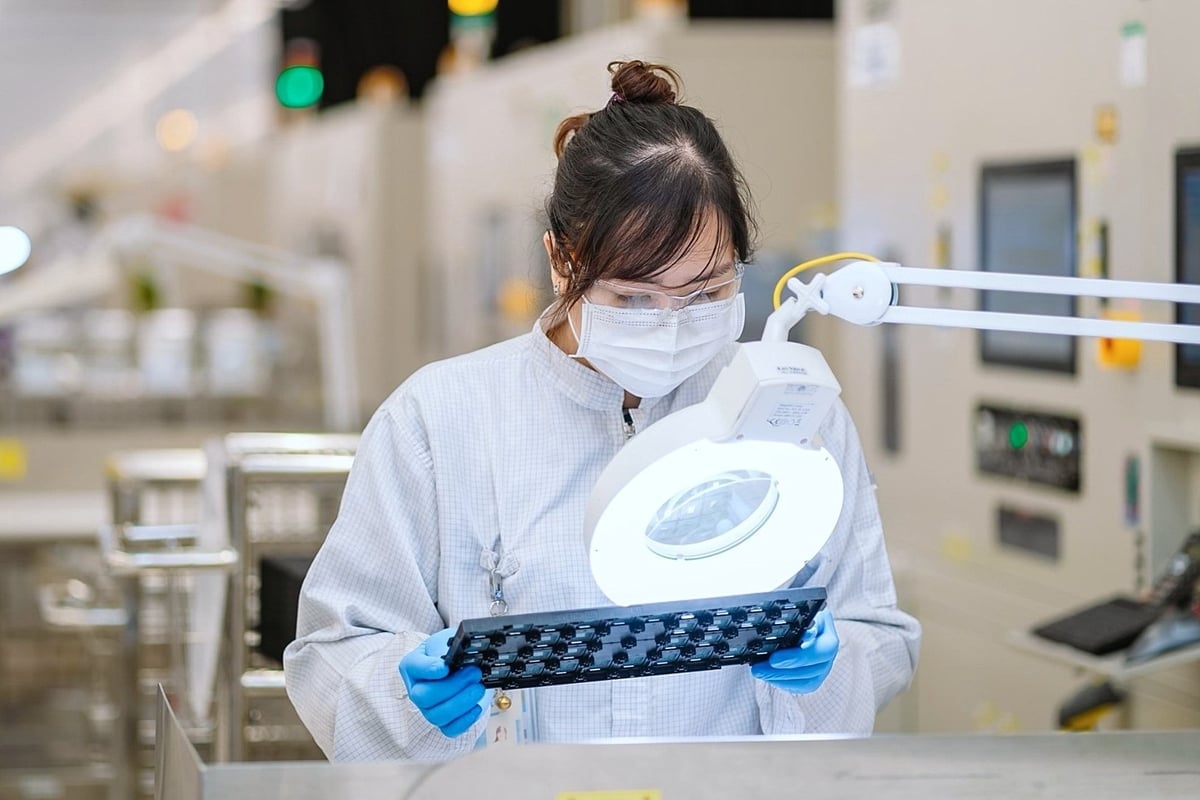
Workers at the electronic circuit assembly and testing factory of Intel Products Vietnam Co., Ltd. Photo: Intel Products Vietnam.
For Intel, “going green” is not a slogan, but a structural part of the business model. Reducing electricity and water means reducing costs and increasing competitiveness, helping the corporation spread throughout the supply chain.
After nearly two decades of operation, Intel Vietnam is no longer a mere assembly plant. From a microprocessor testing center, IPV has become the core of the global semiconductor value chain. More than 600 domestic and foreign enterprises are currently part of Intel's supply network.
To meet cooperation standards, Vietnamese enterprises must invest in new technology, improve management, and improve clean production processes – factors that are shaping a new generation of supporting industries.
A typical example is the “Green PC” project, a collaboration between Intel, Acer and Tsinghua Tongfang. This computer uses up to 90% recycled materials, the mainboard has 22% fewer components, and can recycle up to 95% of the metal and 90% of the fiberglass.
Gallium Nitride (GaN) power supplies are 70% smaller and up to 90% less carbon-intensive than the standard. From energy-efficient CPUs to eco-friendly materials, Intel is proving that technology innovation and green transformation can coexist in the same product.
Intel also requires its partners to apply a strict set of ESG criteria, from waste treatment, ensuring labor safety to using recycled materials. These “positive pressures” force Vietnamese enterprises in the supporting industry chain to transform themselves, towards international standards on environment and energy.
That process helps them improve their competitiveness and participate more deeply in the global value chain, which Vietnam really needs to develop a real supporting industry.
Not only stopping at production, Intel also invests in training high-tech human resources. The company cooperates with schools such as CMC University, the Academy of Posts and Telecommunications Technology to train AI engineers and sustainable technology, build artificial intelligence research labs to serve green production. The goal is to build a knowledge ecosystem to serve the supporting industry in the digital transformation period.
Intel’s presence in Vietnam, in addition to creating jobs, has also contributed more than 96 billion USD in export turnover and raised the standards of the entire industry. As global corporations set high standards for “responsible production”, Vietnamese enterprises in the supply chain are forced to change if they do not want to be eliminated from the game. That is what is making the supporting industry a strategic link in the greening journey of industry.
Source: https://nongnghiepmoitruong.vn/intel-viet-nam-loi-nhuan-di-cung-trach-nhiem-moi-truong-d781327.html


![[Photo] Closing of the 14th Conference of the 13th Party Central Committee](https://vphoto.vietnam.vn/thumb/1200x675/vietnam/resource/IMAGE/2025/11/06/1762404919012_a1-bnd-5975-5183-jpg.webp)




![[Photo] Prime Minister Pham Minh Chinh receives the delegation of the Semiconductor Manufacturing International (SEMI)](https://vphoto.vietnam.vn/thumb/1200x675/vietnam/resource/IMAGE/2025/11/06/1762434628831_dsc-0219-jpg.webp)
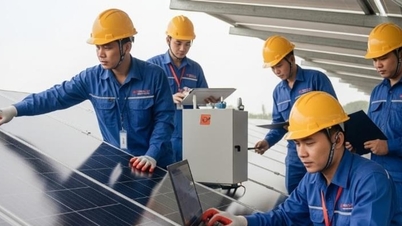













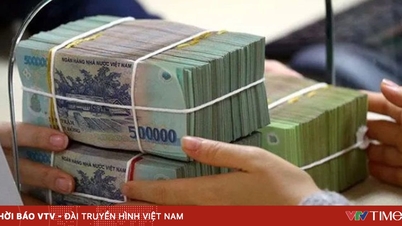
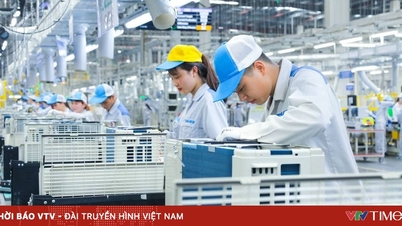





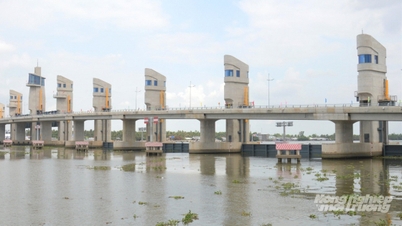
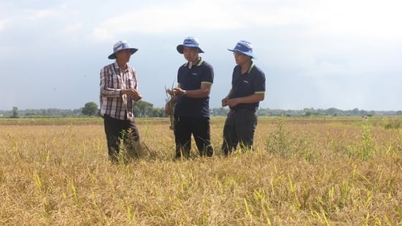
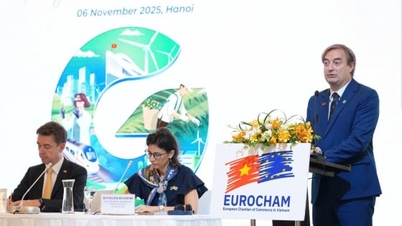

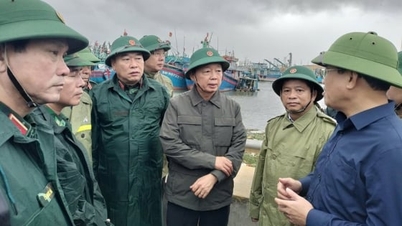





































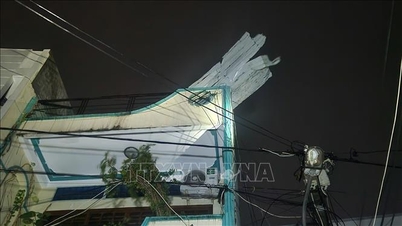

















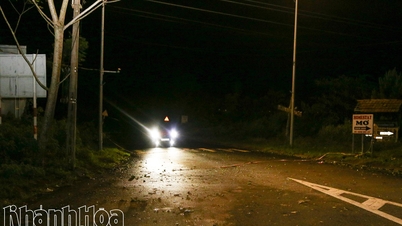

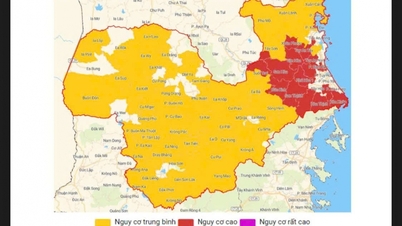


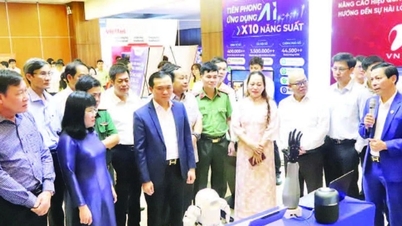















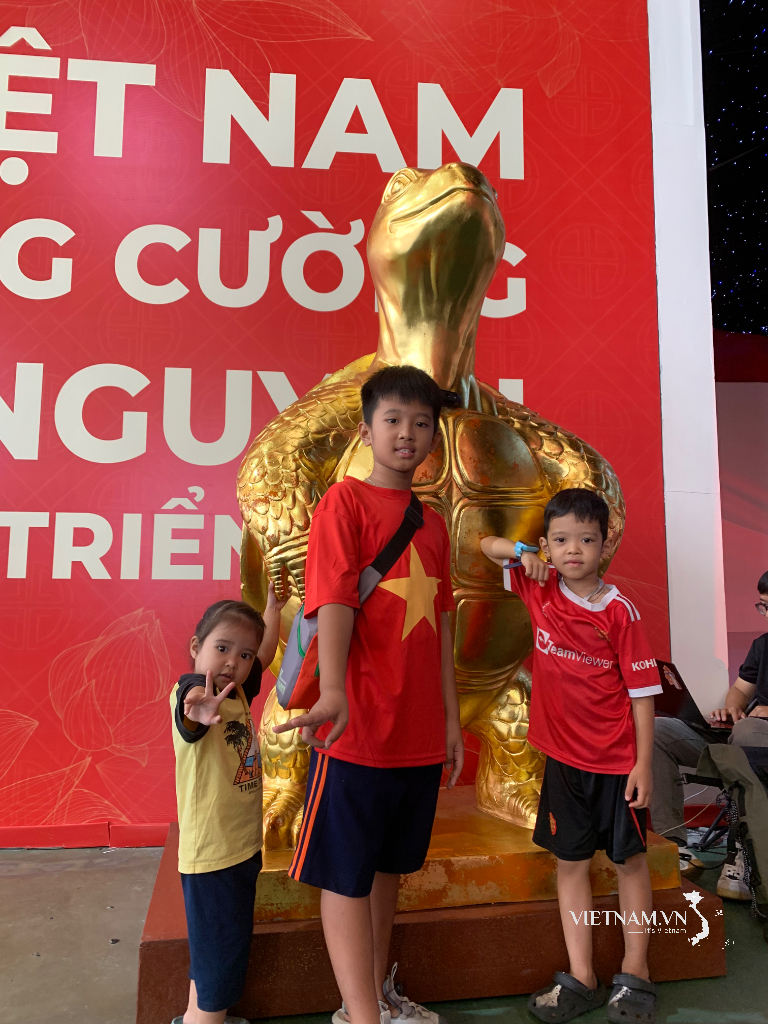

Comment (0)